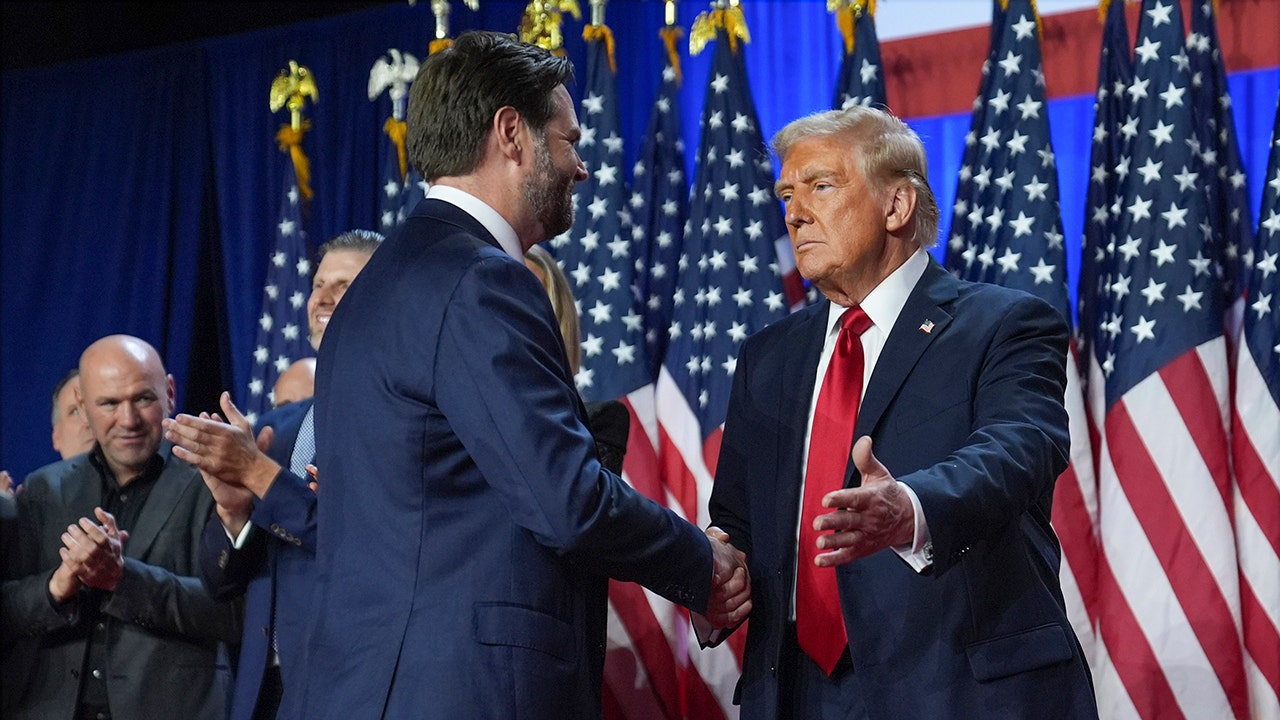Federal Communications Commission Chair Brendan Carr is taking the first steps in eroding a key legal protection enjoyed by Big Tech, which if successful has the potential of costing some of the most profitable companies in the world billions of dollars in market value, the Post has learned.
Since being picked by President Trump to run the agency, Carr’s actions to throttle Paramount’s sale to Skydance over concerns of relentless partisanship at CBS, violating the FCC’s “public interest” rules, have garnered the most attention.
But his still inchoate plan to weaken the so-called “Section 230” protections of major tech and social media companies could — depending on how they are written and interpreted by the courts — have the most far-reaching implications.
It’s not just the Big Tech companies’ social media businesses like Facebook or Twitter (now known as X) that rely on this “liability shield” to save countless billions of dollars in legal costs over alleged libelous posting and other possible liabilities.
Investors who have piled into stocks like Google, Microsoft, Amazon and even Apple could be impacted as well depending on how far he goes in weakening liabilities of all kinds that 230 protects them from.
Congress passed the Section 230 provision as part of the Communications Decency Act of 1996 — essentially giving tech a pass for third-party postings on their platforms.
The thinking was that lawsuits over defamation, etc., created by third parties could cripple innovation in the new economy.
Plus, unlike traditional media, they’re simply unbiased conduits of information.
They don’t operate as a traditional publisher by hosting a message board, chat room and should not accept the liability that goes along with it.
But Carr, my sources say, believes the world has changed dramatically since the early days of the Internet.
Social media has replaced chat rooms.
The operators of these sites make all sorts of editorial decisions.
Meta’s Facebook is hardly an unbiased repository of opinions and news.
Take out the removal of child porn or calls to commit violent acts, and you will find Facebook makes judgments about what it allows on its platform all the time.
Facebook censorship
In other words, it’s a de facto publisher.
Facebook literally censored speech that questioned the efficacy of COVID vaccines, as did the old Twitter before it was bought by free-speech advocate Elon Musk.
Both platforms suppressed The Post’s coverage of the Hunter Biden laptop scandal during an election year.
And Big tech’s reliance on Section 230 clearly is significant, according to my sources.
Amazon can’t be sued for slanderous book reviews despite the damage it does to the author’s book sales; Microsoft has successfully argued in court that 230 protected it from improperly removing ads that got caught up in its anti-spamming software.
Because of 230, the courts dismissed a case against Apple over an allegedly scammy app in its apps store.
Conservatives regularly complain that 230 allows YouTube, owned by Google, to censor right-leaning content; Google’s search engine highlights content that skews left while downgrading right-leaning news sources.
Wikipedia, the online encyclopedia, publishes consequence-free stuff based on the mostly progressive political views of the volunteers who supply its content, critics allege.
Even generative AI can lean on Section 230 for liability relief.
Carr believes by purposely calling balls and strikes, tech platforms are acting more like The New York Times than simply a blind arbiter of information, and they should be subject to defamation and other potential liability just like any traditional publisher or business.
How he gets there is the great unknown among telecom lawyers I spoke to.
The FCC — with a new GOP majority led by Carr — is the top regulator of media, new and old.
It has the legal authority to interpret Section 230, and change the prior guidance that has given those expansive protections to Big Tech.
He can weaken or eliminate the shield by issuing a so-called advisory opinion.
Then it’s up to the courts to decide if they should use his guidance when they weigh Section 230 cases.
There’s a good chance many will, particularly in litigation before conservative judges.
That means defamation cases against Big Tech that have been dismissed in the past on summary judgments could have “standing” in the courts and move toward discovery depending on how a judge interprets the FCC edict.
Tech firms could settle rather than fight because litigation is never cheap.
It’s hard to estimate the damage this could do to Big Tech, but some smart legal types I speak to say the liability has the potential to be enormous.
All sorts of crazy stuff can be found anywhere on the web, of course, and if you’re the litigious type who feels wronged by someone posting something on say Wikipedia or on YouTube, targeting the deep pockets of the platform as opposed to some troll makes a lot of sense.
For the publicly traded tech companies there’s a dual threat.
Sundar Pichai-led Google, Mark Zuckerberg’s Facebook and others have shares that are market darlings, and with their new potential legal liability comes a market risk.
Many investors might just unload their shares if Section 230 protections are gutted to get out ahead of what’s coming.














